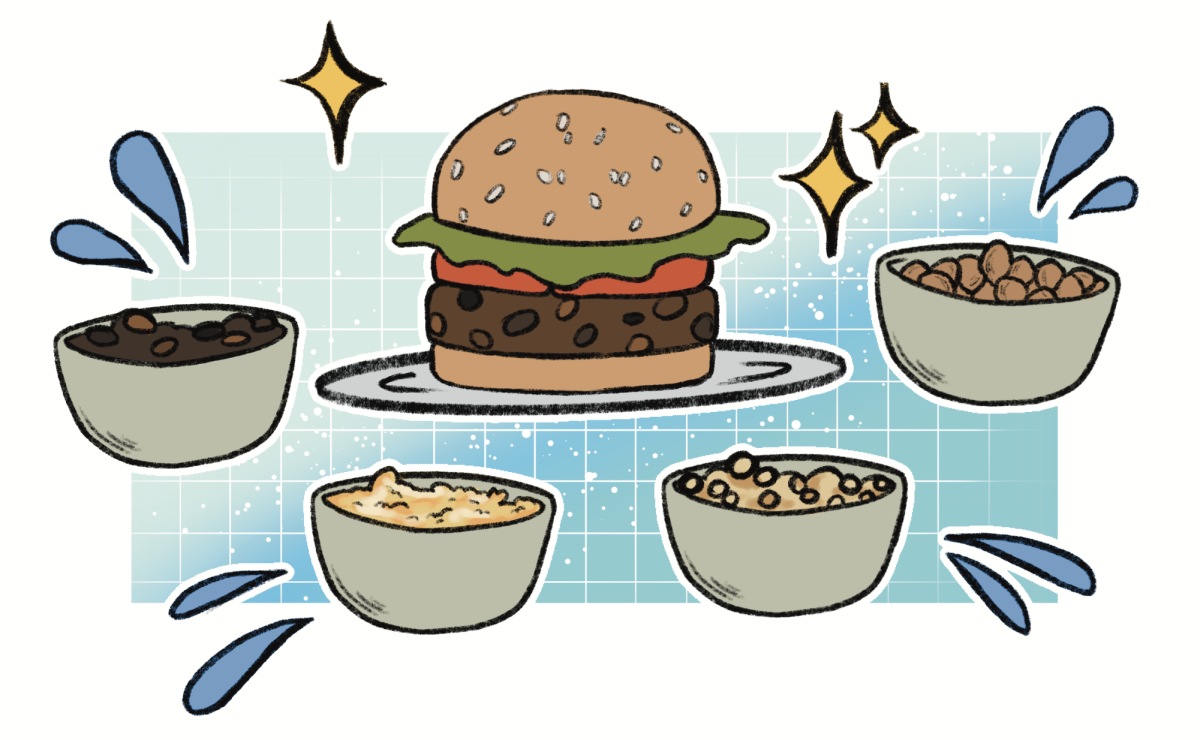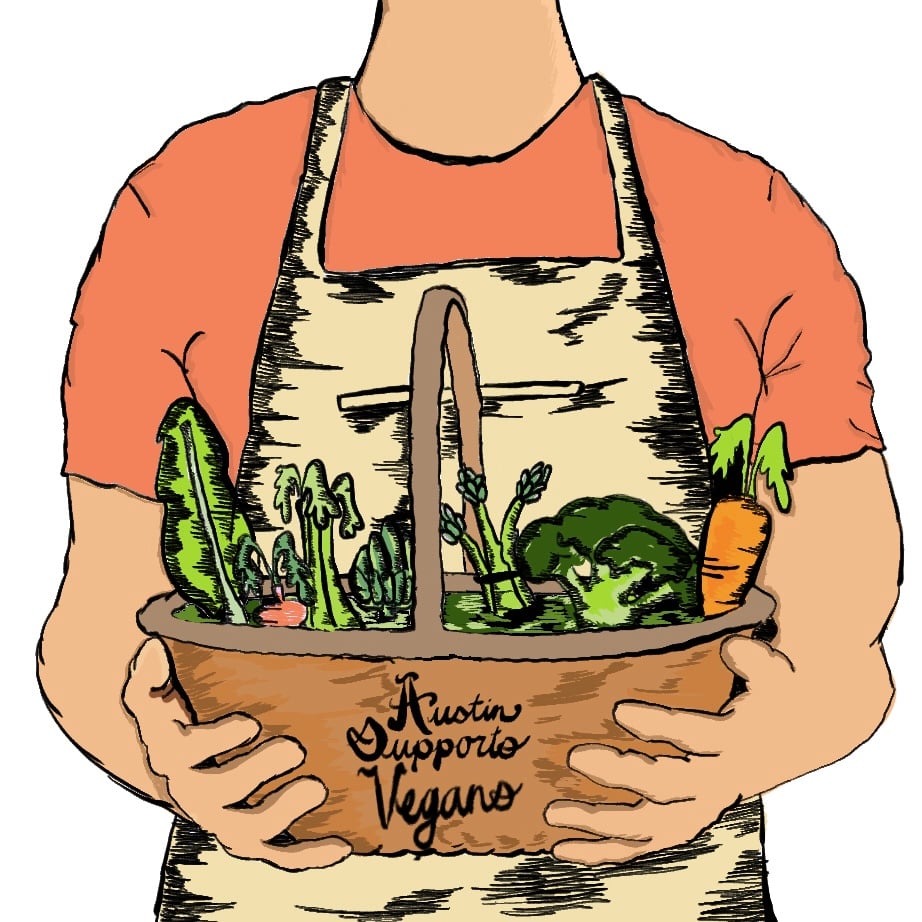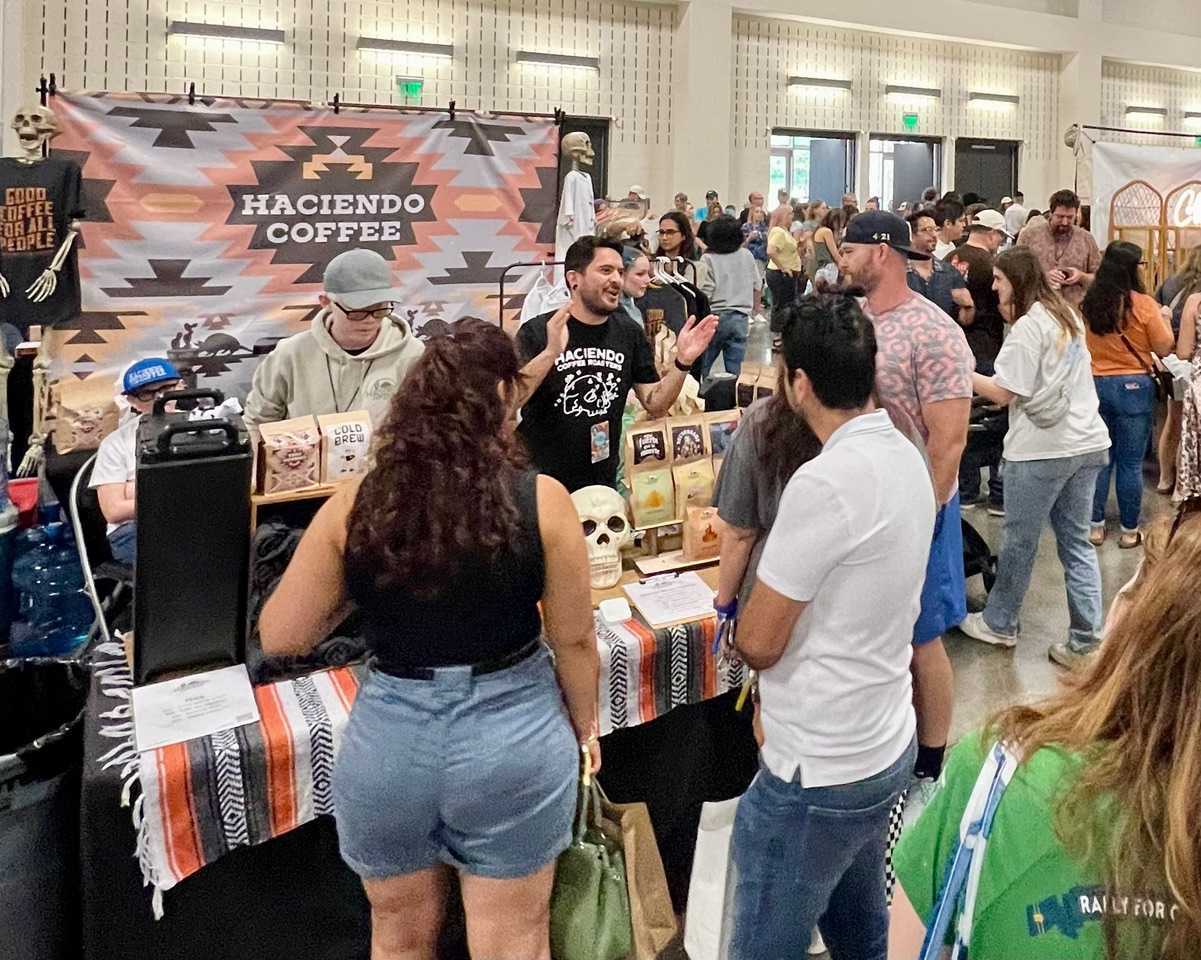The challenge seemed simple.
With one nugget made of white chicken meat and the other made up of soy, the Speedway taste testers tried to discern which of the two nuggets was the alternative protein. Chewing each carefully, they assumed an erroneous texture or jarring taste would easily give away the imposter, but the test stumped several participants.
The Austin Alternative Protein Project (AAPP), a chapter of the Good Food Institute’s global Alternative Protein Project, hosts taste-testing events, a lecture series and other social events to spread awareness of alternative proteins.
“Texture and flavor are two of the really big sciences that startups are interested in trying to work on,” said Lauren Adams, biomedical engineering junior and president of AAPP. “The gap between taste is closing very fast.”
According to the Good Food Institute, alternative proteins fall under three categories: plant-based, cultivated and fermented, encouraging people to incorporate foods like mushrooms, beans and lab-grown meat into tasty dishes. AAPP vice president and computer science junior Siddharth Sundaram said he enjoys the taste-testing events as they familiarize students with new recipes.
“My mom air fries tofu,” said Sundaram. “She mixes it with a ton of seasonings then air fries it, and I’ll have it with some pasta or noodles.”
As a hub of developing technology, research and foodie culture, Adams said AAPP fits in Austin well with startups and researchers interested in improving the availability, taste and variety of alternative proteins.
“Austin is awesome because almost every restaurant (has) either vegan or vegetarian options,” Adams said, “I’m from Sugar Land, and not all the restaurants have (them).”
Adams said she began incorporating alternative proteins for their health benefits, reducing red meat and dairy consumption, but she said others join for cultural or environmental reasons.
“Factory farming makes up a huge percentage of global pollutants (and) carbon dioxide emissions, also (around) 70% of antibiotics are used on livestock,” Adams said. “There’s a lot of troubling things related to factory farming that AAPP and GFI are hoping to prevent.”
Adams said that language used to advertise alt protein ingredients presents the biggest challenge to encouraging grocery stores and restaurants to carry different options, forcing marketing teams to get creative with companies like Gardein calling their frozen meals “plant-based Chick’n.”
“People were already so upset about GMOs, if you call something lab-grown, they might get very apprehensive about it,” Adams said. “(It’s) currently a legal fight, so I’m concerned about if that’s going to make it a challenge for (businesses).”
Adams said AAPP also plans to collaborate and host events with the Allied Scholars for Animal Protection (ASAP), a student organization focused on animal protection and advocacy. ASAP President Ben Aldestein said the club persuaded UT’s dining halls to incorporate a broader range of plant-based options for students, such as vegan fish.
“They were really receptive,” Aldestein said. “There were some (meals) I had that I actually thought were real fish.”
Adams said the impact of the club’s research and education efforts will continue to affect alt protein research.
“It’s super rewarding seeing labs and people with specific research interests come up because of this organization,” Adams said. “Now they know a lot more about it and can make this difference in the world.”














